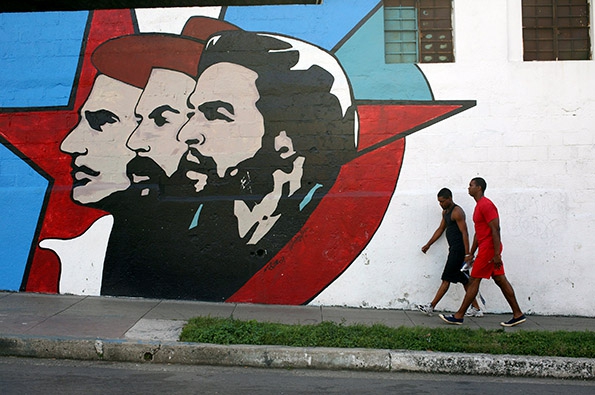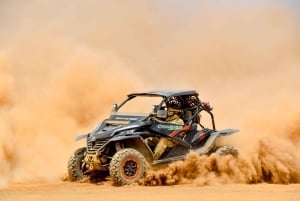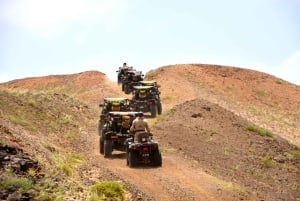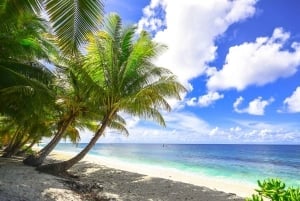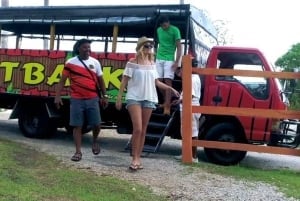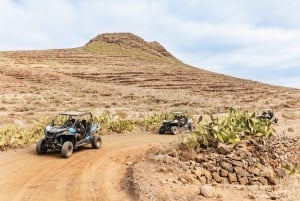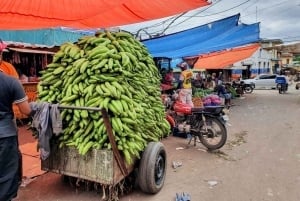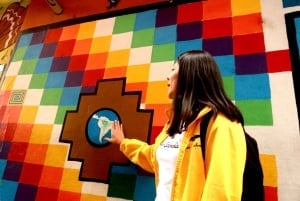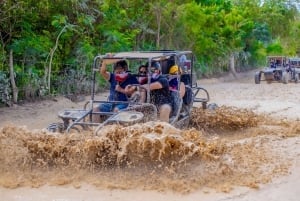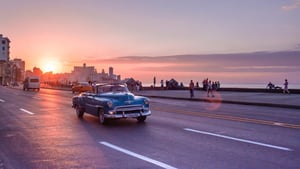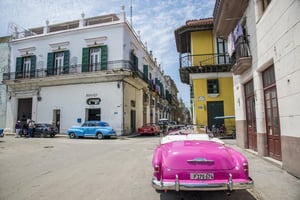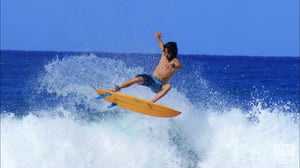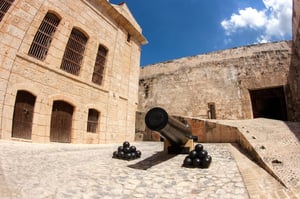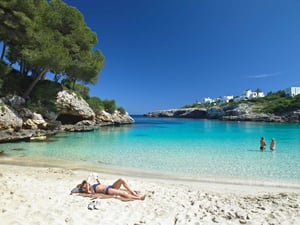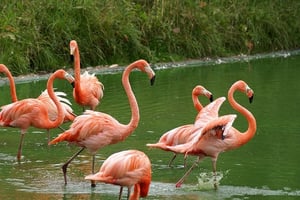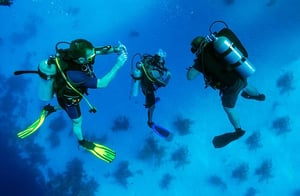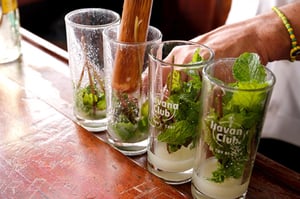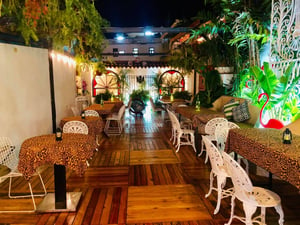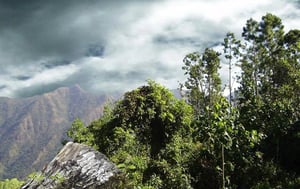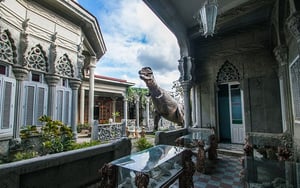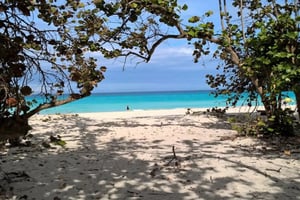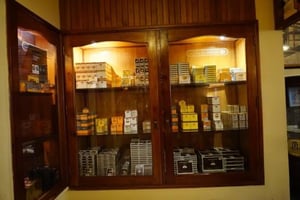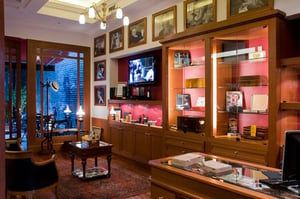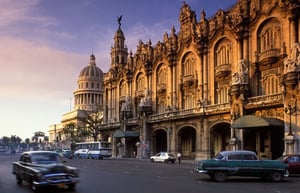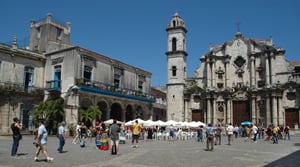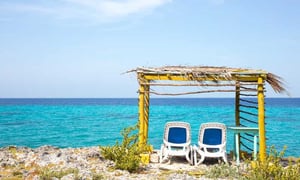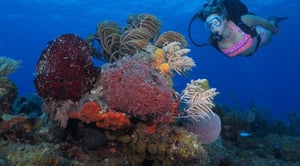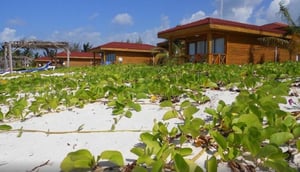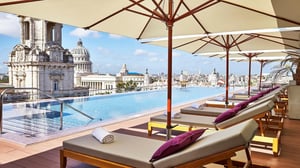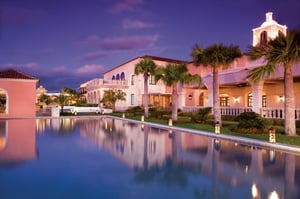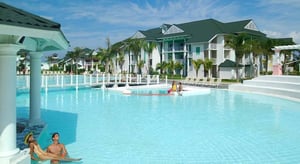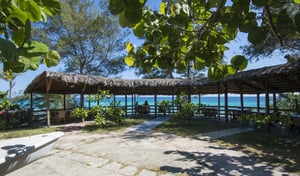FAQs Cuba
Clothes
- It’s recommended to wear cotton or similar fabric. For ecotourism-related activities, it’s advisable to wear strong and athletic shoes. For winter days, microclimates and air-conditioned places, it’s recommended to wear thicker clothing made up of fine wool or gabardine. Light raincoats can be useful in rainy days (mostly May and October). Formal attire is required when visiting theaters, concert halls, nightclubs and luxury restaurants, among other places.
Shopping
- There are plenty of stores at airports, hotels and other places around the city, where it’s possible to buy souvenirs, Cuban coffee, rum and cigars, international drinks, juices, water, canned food and other types of groceries, handicrafts, toiletries, books, magazines, CDs, videotapes, postcards, maps, posters, T-shirts and other products. Moreover, there are several networks of specialized stores, boutiques, perfumery, jewelry and international designer stores. There are various marinas with specialized establishments. In addition, every hotel has a tourist desk where you may request any information.
Photography
- You can take pictures or films without restraint, except for restricted areas or military zones. Nevertheless, there are certain limitations in museums and the odd institution. Journalistic and promotional photography must comply with other regulations. Color films are available in the national network of stores, which establishments are mainly located in provincial capitals, tourist centers and hotels. Photo developing and printing services are also available. It may be very difficult to obtain slides outside non-specialized centers. Moreover, black-and-white films are rarely used. Therefore, it would be advisable bringing them in from abroad, in case they are needed. The best sunlight hours for taking color pictures are from 9:00 am to 11:30 am, and after 4:00 pm.
Electricity
- The commonly used electrical current is 110V and 60Hz, although certain hotels and establishments are fitted with 220V sockets. The electrical socket that’s generally available is the flat plate type.
Education:
- Is free and compulsory through the ninth grade. In 1961, after a great national campaign, illiteracy was eradicated and today its population has a high level of education. It has a national education system that goes from children’s circles for children of working mothers to university centers scattered throughout the country that include municipal university seats and even chairs for the elderly.
Business hours
- The vast majority of businesses and offices open from 8:00 or 8:30 am until 12:30 pm and from 1:30 pm to 5:30 pm. Banks close at 15:00 p.m. Many stores close at 12:30 pm on Sundays.


